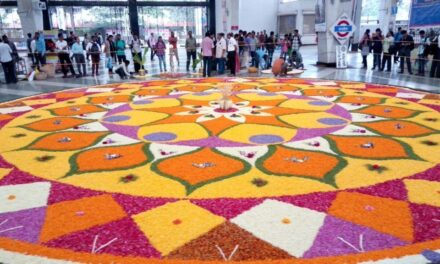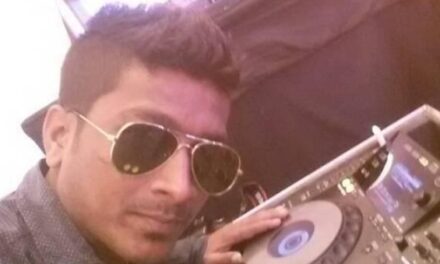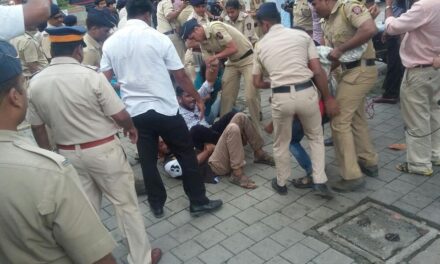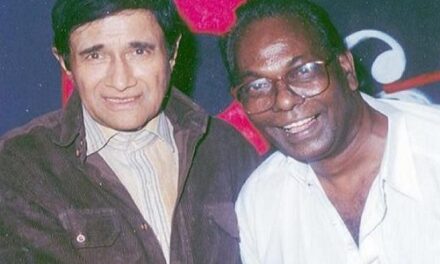After 16 year gap, Maharashtra Police places order for 5,000 new bulletproof vests
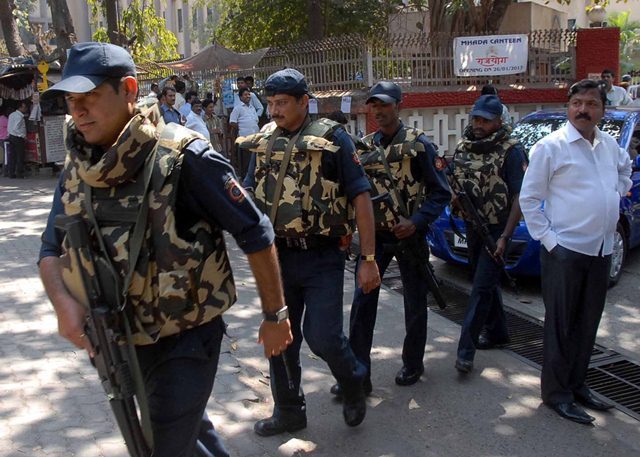

Representational Image
After a gap of nearly 16 years, the Maharashtra Police has placed an order for 5,000 new bulletproof vests that can protest its personnel from a range of attacks, including bullets fired from the AK 47 rifles.
According to a Mumbai Mirror report, the state police department placed the order for the vests with MKU, a reputed military equipment manufacturer. The supplier, headquartered in Kanpur, will be importing the vests from Germany.
The new vests will reportedly cost around Rs 32,500 each and be distributed among various units like Mumbai Police, Quick Response Team (QRT), Force One, State Reserve Police Force (SRPF), Special Forces, Gadchiroli police etc.
They have been tested for various AK rifles, MP5 submachine guns, Indian Small Arms System (INSAS) and other sophisticated weapons at the Central Forensic Laboratory in Chandigarh, Additional Director General of Police V V Laxminarayana told the daily.
The vests will be tested by the department once again after they take delivery in June.
Ironically, despite being under constant threat, Maharashtra’s 2 lakh strong police force only has one bulletproof vest for every hundred personnel.
The last time the state purchased bulletproof vests was in 2001, when it had placed an order for 110 units. While the quantity of vests itself was inadequate, their inability to protect the wearer made them an even deadlier proposition.
Questions about their inadequacy were first raised after Anti-Terrorism Squad (ATS) chief Hemant Karkare, Additional Commissioner of Police Ashok Kamte and encounter specialist Vijay Salaskar were martyred during the 2008 Mumbai terror attacks.
Since they were all reportedly wearing the vests during the encounter with terrorists, who were using AK 47s, a probe was ordered to ascertain the vests’ effectiveness.
The investigation revealed that the vests were of inferior quality and inept at protecting the wearer even from shots fired from 9 mm pistol.
In the wake of the attacks, a decision to order more and better vests was taken. However, the procurement process was marred in controversies.
Three years later, the centre finally provided the state with 2,000 vests, which are still in use today.










